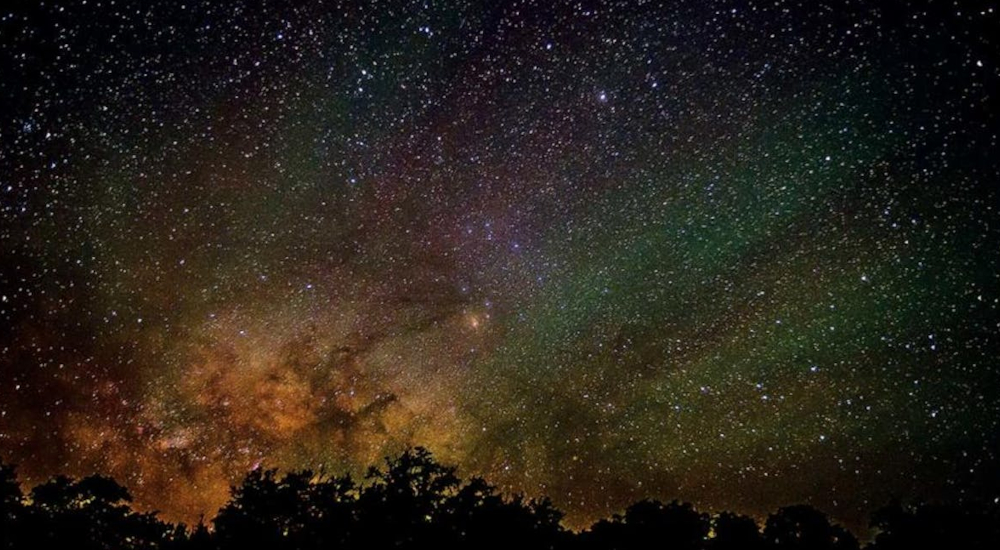As The Stars at Night is quick to point out, most of us haven’t seen, and maybe will never see, the Milky Way in person. Due to light pollution, our skies appear sparser than ever. The Stars at Night isn’t breaking new ground when it comes to documentaries, but it’s clearly a passion project for its director and interviewees. Rather than press a political to-do list onto its viewers, it only asks us to look up a bit more often and tap into the wonder inherent in seeing the sky as it really is.
Directed by Elizabeth Buckley, The Stars at Night is fairly straightforward in its storytelling. There are talking head interviews with field experts intercut with beautiful time-lapses and scenes of the night sky and space. The structure feels like a visual essay, asking questions and then trying to answer them by looking at past historical examples. The film argues that marveling at the night sky is an inherently human experience, as evidenced by the countless myths and legends every culture has about the stars and their meaning.
There’s much more humanity than science in The Stars at Night, and the film links the past to the present by taking four Texas State filmmaking students out to Big Bend National Park in Texas to show them the true night sky, with the students documenting their experience through video. It’s a nifty device to bring the ethos of the film to a younger generation.
Thankfully the film never veers into melodrama or doom and gloom. There’s some talk of the drawbacks of light pollution, of the risks of losing our connection to the stars, but it never turns into demands or scaremongering. At its core, it’s a simple little love letter to the inherent wonder of stargazing and a reminder for its audience to seek it out more often.
There’s nothing that feels urgent in this film, but that’s kind of refreshing from a documentary in 2023. The runtime of 55 minutes can feel long, and this could easily be cut down to a short, but those are slight quibbles with what’s otherwise a truly inoffensive little doc. If it encourages someone to buy a telescope, turn off some lights, or seek out a dark sky, then it’s accomplished what it set out to do.

